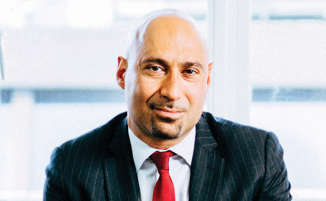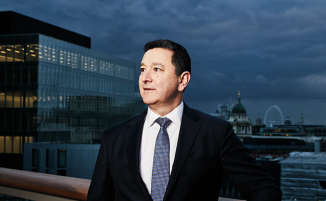The good news is that up close the reality turns out to be not as awful as the cynics have feared. After all, for years the profession has avoided a frontal discussion of its record on ethnic diversity, choosing to submerge the topic within the umbrella of diversity and inclusion even as law firms became more intent on selling their progressive credentials.
And in fairness, avoiding that debate has been as much about a general British reticence to tackle issues of race head on with commentators and the media often treading with excessive delicacy in such matters. Still, the end result has been little frank discussion, certainly compared to the increasingly forthright debate on the profession’s record on female representation and retention or tackling social mobility. Continue reading “The influx of BAME lawyers may yet be squandered”















